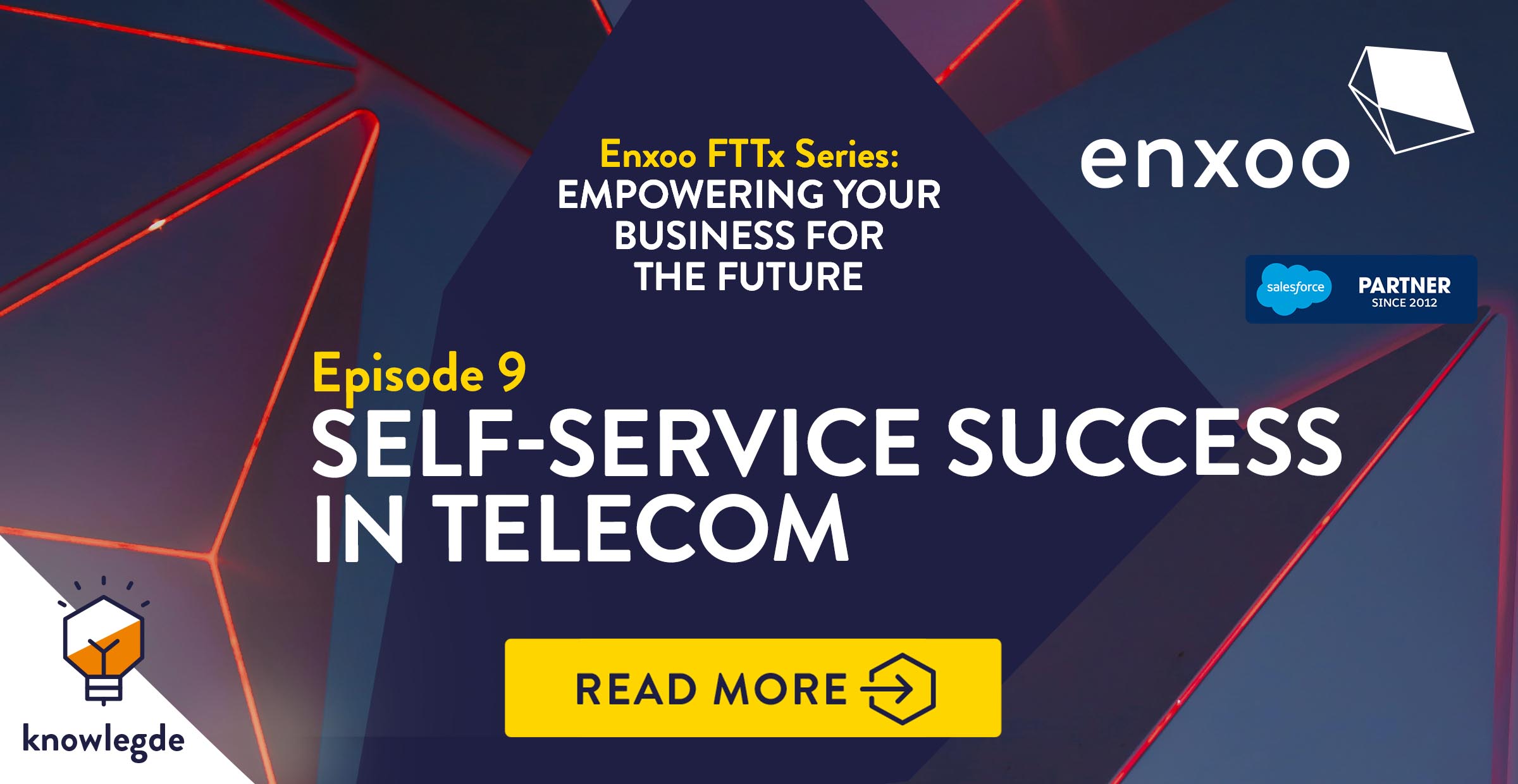W dynamicznym świecie telekomunikacji, samoobsługa klientów stała się kluczowym czynnikiem kształtującym rynek światłowodowy. To nie tylko kwestia wygody, ale potężne narzędzie zwiększające satysfakcję klientów, optymalizujące procesy i redukujące koszty dla dostawców usług internetowych (ISP). Poznaj kluczowe powody, dla których samoobsługa klientów stała się niezbędna w sektorze telekomunikacyjnym:
1. Wygoda i dostępność
W świecie dostawców usług internetowych (ISP) samoobsługa klientów zrewolucjonizowała sposób interakcji pomiędzy klientami i dostawcami usług. Dzięki niej abonenci szerokopasmowego internetu mogą samodzielnie składać zamówiemia, uzyskiwać informacje, planować lub zmieniać terminy instalacji, zarządzać kontami, opłacać faktury i rozwiązywać problemy techniczne. Za pośrednictwem portali internetowych, aplikacji mobilnych lub automatycznych systemów telefonicznych, klienci zyskują pełną kontrolę nad swoim domowym internetem, niezależnie od miejsca i czasu.
2. Szybsze rozwiązywanie problemów
Błyskawiczny dostęp do samoobsługi to prawdziwa rewolucja.Klienci zyskują kompleksowe centrum obsługi, w którym znajdą poradniki, odpowiedzi na najczęściej zadawane pytania (FAQ) i samouczki, umożliwiające samodzielne rozwiązanie problemów bez konieczności kontaktowania się z obsługą klienta. Dzięki temu oszczędzają czas i zwiększają swoje zadowolenie, co przekłada się na wyższe wyniki NPS.
3. Oszczędność kosztów
Zaawansowane opcje samoobsługi pozwalają odciążyć pracowników obsługi klienta i call center. Dzięki nim klienci mogą samodzielnie wykonywać rutynowe czynności, co przekłada się na znaczące oszczędności dla dostawców usług internetowych (ISP) poprzez zmniejszenie liczby kontaktów z obsługą. To z kolei pozwala firmom ograniczyć liczbę pełnoetatowych pracowników (FTE) i lepiej wykorzystać zasoby, skupiając się na rozwiązywaniu bardziej złożonych problemów wymagających interwencji człowieka.
4. Personalizacja i dostosowanie
Samoobsługa klientów to dla dostawców usług internetowych (ISP) szansa na stworzenie wyjątkowej więzi z klientem. Dzięki danym o preferencjach i zachowaniach klientów, dostawcy mogą oferować spersonalizowane rekomendacje, ekskluzywne oferty i dopasowane treści, które sprawią, że klienci poczują się docenieni i zrozumiani. To droga do zwiększenia lojalności, zaangażowania i budowania długotrwałych relacji opartych na zaufaniu.
5. Dostępność 24/7
W dzisiejszym globalnym świecie, całodobowy dostęp do informacji i usług to już nie luksus, a standard. Model pracy od 9 do 17 odchodzi do lamusa, ustępując miejsca rzeczywistości, w której jesteśmy online non stop. Dzięki samoobsłudze klienci mogą zarządzać swoimi kontami, wprowadzać zmiany czy szukać pomocy o każdej porze dnia i nocy, niezależnie od strefy czasowej. To rozwiązanie idealnie odpowiada na różnorodne potrzeby i rosnące oczekiwania klientów.
6. Niezależność i kontrola
Samoobsługa klientów to coś więcej niż tylko wygoda – to przekazanie użytkownikom kontroli nad ich domowym internetem. Od zarządzania preferencjami, przez aktualizację danych osobowych, po dostosowywanie abonamentu, klienci zyskują autonomię, która sprzyja poczuciu odpowiedzialności i zaangażowania. To z kolei przekłada się na większą lojalność i utrzymanie klientów.
Jak widać, samoobsługa klientów to nie tylko narzędzie, ale strategiczny atut branży telekomunikacyjnej. Jej korzyści wykraczają daleko poza wygodę, oferując efektywność, oszczędność i spersonalizowane podejście. W miarę rozwoju branży, wdrażanie i udoskonalanie samoobsługi klientów będzie niewątpliwie kluczowym czynnikiem wyróżniającym dostawców usług internetowych (ISP) dążących do osiągnięcia sukcesu w konkurencyjnym środowisku.
Enxoo jest doświadczonym partnerem zapewniającym nowoczesne rozwiązania chmurowe do zarządzania i rozwoju Twojego biznesu. Jako jeden z najszybciej rozwijających się niezależnych partnerów Salesforce od 2012 roku, misją Enxoo jest dostarczanie kombinacji rozwiązań i usług doradczych w celu optymalizacji cykli sprzedaży, wspierania wzrostu i przychodów, poprawy procesów operacyjnych i przekształcenia Twojej firmy w efektywną, elastyczną i zorientowaną na klienta organizację. Aby uzyskać więcej informacji, odwiedź: enxoo.com
Pozostań z nami na bieżąco, sybskrybując nasz newsletter
Otrzymasz nasz newsletter co kilka tygodni, zawierający skondensowany przegląd najważniejszych informacji



